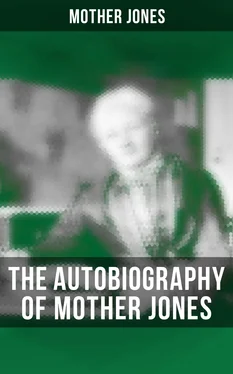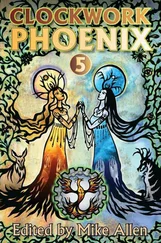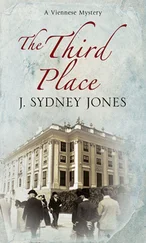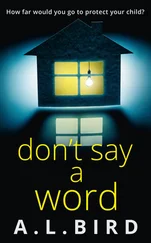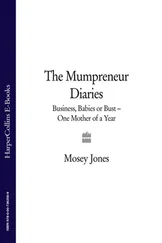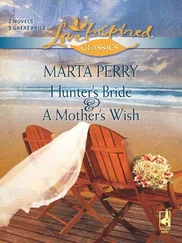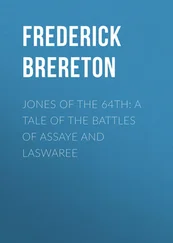Those were the days before the extensive use of gun men, of military, of jails, of police clubs. There had been no bloodshed. There had been no riots. And the victory was due to the army of women with their mops and brooms.
A year afterward they celebrated the anniversary of the victory. They presented me with a gold watch but I declined to accept it, for I felt it was the price of the bread of the little children. I have not been in Arnot since but in my travels over the country I often meet the men and boys who carried through the strike so heroically.
CHAPTER VI
WAR IN WEST VIRGINIA
Table of Contents
One night I went with an organizer named Scott to a mining town in the Fairmont district where the miners had asked me to hold a meeting. When we got off the car I asked Scott where I was to speak and he pointed to a frame building. We walked in. There were lighted candles on an altar. I looked around in the dim light. We were in a church and the benches were filled with miners.
Outside the railing of the altar was a table. At one end sat the priest with the money of the union in his hands. The president of the local union sat at the other end of the table. I marched down the aisle.
"What's going on?" I asked.
"Holding a meeting," said the president.
"What for?"
"For the union, Mother. We rented the church for our meetings."
I reached over and took the money from priest. Then I turned to the miners.
"Boys," I said, "this is a praying institution. You should not commercialize it. Get up every one of you and go out in the open fields."
They got up and went out and sat around a field while I spoke to them. The sheriff was there and he did not allow any traffic to go along the road while I was speaking. In front of us was a schoolhouse. I pointed to it and I said, "Your ancestors fought for you to have a share in that institution over there. It's yours. See the school board, and every Friday night hold your meetings there. Have your wives clean it up Saturday morning for the children to enter Monday. Your organization is not a praying institution. It's a fighting institution. It's an educational institution along industrial lines. Pray for the dead and fight like hell for the living!"
* * * * *
Tom Haggerty was in charge of the Fairmont field. One Sunday morning, the striking miners of Clarksburg started on a march to Monongha to get out the miners in the camps along the line. We camped in the open fields and held meetings on the road sides and in barns, preaching the gospel of unionism.
The Consolidated Coal Company that owns the little town of New England forbade the distribution of the notices of our meeting and arrested any one found with a notice. But we got the news around. Several of our men went into the camp. They went in twos. One pretended he was deaf and the other kept hollering in his ear as they walked around, "Mother Jones is going to have a meeting Sunday afternoon outside the town on the sawdust pile." Then the deaf fellow would ask him what he said and he would holler to him again. So the word got around the entire camp and we had a big crowd.
When the meeting adjourned, three miners and myself set out for Fairmont City. The miners, Jo Battley, Charlie Blakelet and Barney Rice walked but they got a little boy with a horse and buggy to drive me over. I was to wait for the boys just outside the town, across the bridge, just where the interurban car comes along.
The little lad and I drove along. It was dark when we came in sight of the bridge which I had to cross. A dark building stood beside the bridge. It was the Coal Company's store. It was guarded by gunmen. There was no light on the bridge and there was none in the store.
A gunman stopped us. I could not see his face.
"Who are you?" said he.
"Mother Jones," said I, "and a miner's lad."
"So that's you, Mother Jones," said he rattling his gun.
"Yes, it's me," I said, "and be sure you take care of the store tonight. Tomorrow I'll have to be hunting a new job for you."
I got out of the buggy where the road joins the Interurban tracks, just across the bridge. I sent the lad home.
"When you pass my boys on the road tell them to hurry up. Tell them I'm waiting just across the bridge."
There wasn't a house in sight. The only people near were the gunmen whose dark figures I could now and then see moving on the bridge. It grew very dark. I sat on the ground, waiting. I took out my watch, lighted a match and saw that it was about time for the interurban.
Suddenly the sound of "Murder! Murder! Police! Help!" rang out through the darkness. Then the sound of running and Barney Rice came screaming across the bridge toward me. Blakley followed, running so fast his heels hit the back of his head. "Murder! Murder!" he was yelling.
I rushed toward them. "Where's Jo?" I asked.
"They're killing Jo – on the bridge – the gunmen."
At that moment the Interurban car came in sight. It would stop at the bridge. I thought of a scheme.
I ran onto the bridge, shouting, "Jo! Jo! The boys are coming. They're coming! The whole bunch's coming. The car's most here!"
Those bloodhounds for the coal company thought an army of miners was in the Interurban car. They ran for cover, barricading themselves in the company's store. They left Jo on the bridge, his head broken and the blood pouring from him. I tore my petticoat into strips, bandaged his head, helped the boys to get him on to the Interurban car, and hurried the car into Fairmont City.
We took him to the hotel and sent for a doctor who sewed up the great, open cuts in his head. I sat up all night and nursed the poor fellow. He was out of his head and thought I was his mother.
The next night Tom Haggerty and I addressed the union meeting, telling them just what had happened. The men wanted to go clean up the gunmen but I told them that would only make more trouble. The meeting adjourned in a body to go see Jo. They went to his room, six or eight of them at a time, until they had all seen him.
We tried to get a warrant out for the arrest of the gunmen but we couldn't because the coal company controlled the judges and the courts.
Jo was not the only man who was beaten by the gunmen. There were many and the brutalities of these bloodhounds would fill volumes.
In Clarksburg, men were threatened with death if they even billed meetings for me. But the railway men billed a meeting in the dead of night and I went in there alone. The meeting was in the court house. The place was packed. The mayor and all the city officials were there.
"Mr. Mayor," I said, "will you kindly be chairman for a fellow American citizen?"
He shook his head. No one would accept my offer.
"Then," said I, "as chairman of the evening, I introduce myself, the speaker of the evening, Mother Jones."
The Fairmont field was finally organized to a man. The scabs and the gunmen were driven out. Subsequently, through inefficient organizers, through the treachery of the unions' own officials, the unions lost strength. The miners of the Fairmont field were finally betrayed by the very men who were employed to protect their interests. Charlie Battley tried to retrieve the losses but officers had become corrupt and men so discouraged that he could do nothing.
It makes me sad indeed to think that the sacrifices men and women made to get out from under the iron heel of the gunmen were so often in vain! That the victories gained are so often destroyed by the treachery of the workers' own officials, men who themselves knew the bitterness and cost of the struggle.
I am old now and I never expect to see the boys in the Fairmont field again, but I like to think that I have had a share in changing conditions for them and for their children.
Читать дальше
